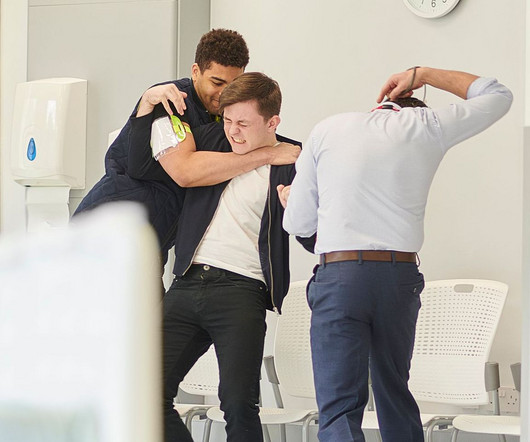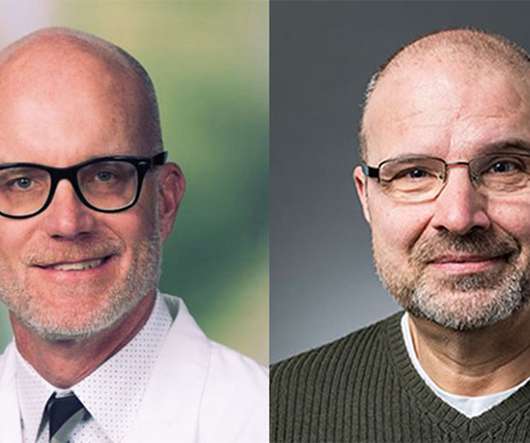Empowerment Self-Defense Arms ED Staff Against Rising Workplace Violence
Physician's Weekly
JUNE 26, 2025
Empowerment self-defense training protects emergency department staff, boosts confidence, enhances communication, and fosters a safer work environment. Violence in hospital emergency departments (EDs) has reached crisis levels. The emergency room has become a pressure cooker, and healthcare professionals are paying the price.


























Let's personalize your content